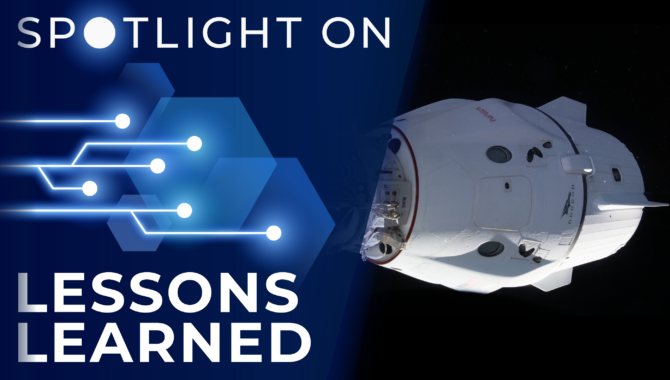
For NASA programs using risk-based independent verification and validation (IV&V), detailed NASA-developed/supported simulation of key flight phases provides deeper government insight and certification ability.

For NASA programs using risk-based independent verification and validation (IV&V), detailed NASA-developed/supported simulation of key flight phases provides deeper government insight and certification ability.
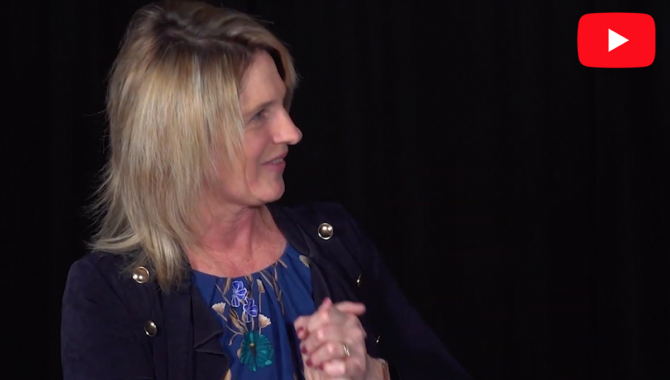
A project manager should gather good solutions and ideas from their project team through attentive listening.
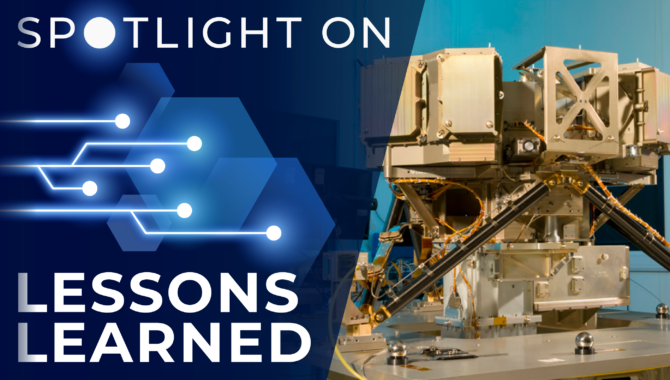
Shared use of a requirements management database with NASA contractors and partners greatly aids engineering collaboration and communication.
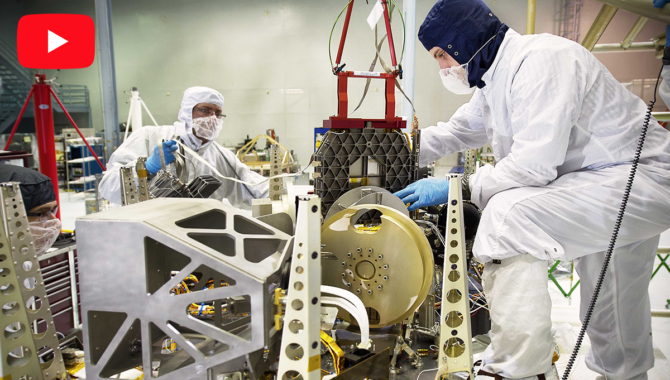
An engineer’s awareness of cognitive bias might help to prevent predictable errors in the engineering process.
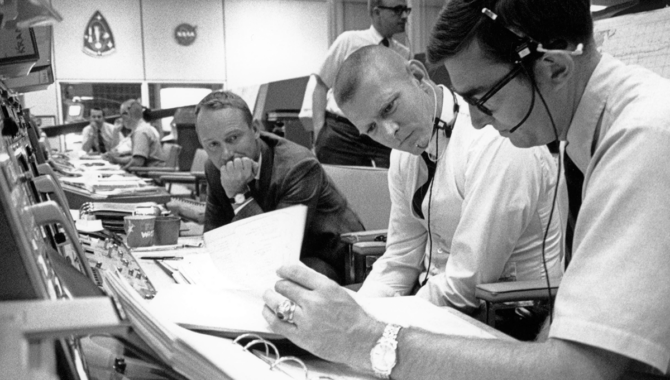
History Office presentation highlights master integrator of Gemini, Apollo.

The likelihood of success increases if the group responsible for implementing design verification methods chosen early in a program’s life cycle is allowed to contribute to the selection process.
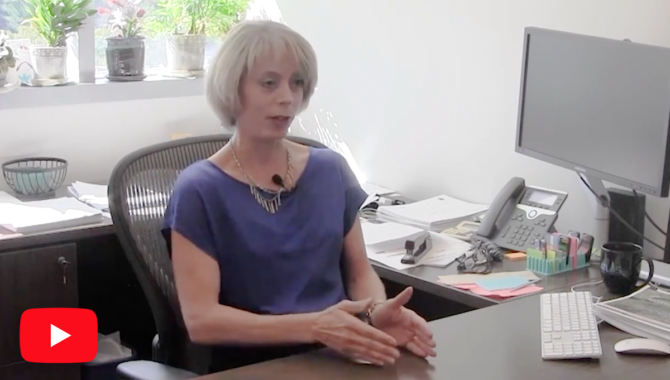
A project team’s performance can improve if their project manager stays clear-sighted and communicates how project goals connect with their organization’s goals.
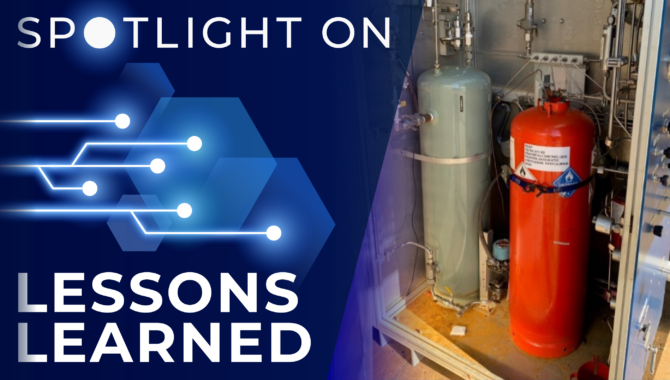
Mistake-proofing techniques built into system processes can aid in preventing human error when engineers and test operators make time-critical decisions in unique circumstances such as dangerous weather or limited supplies.
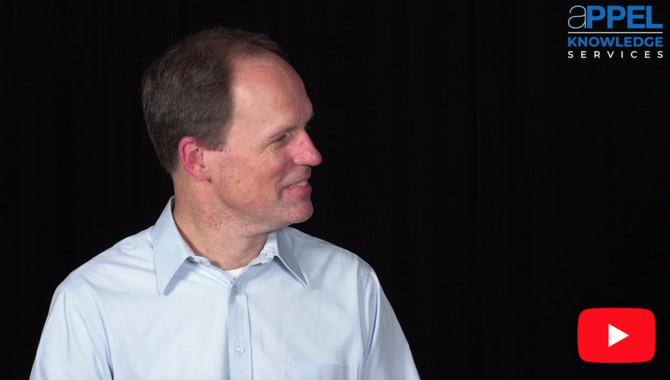
Clear communication of the testing process helps customers keep their testing phase on schedule and budget.